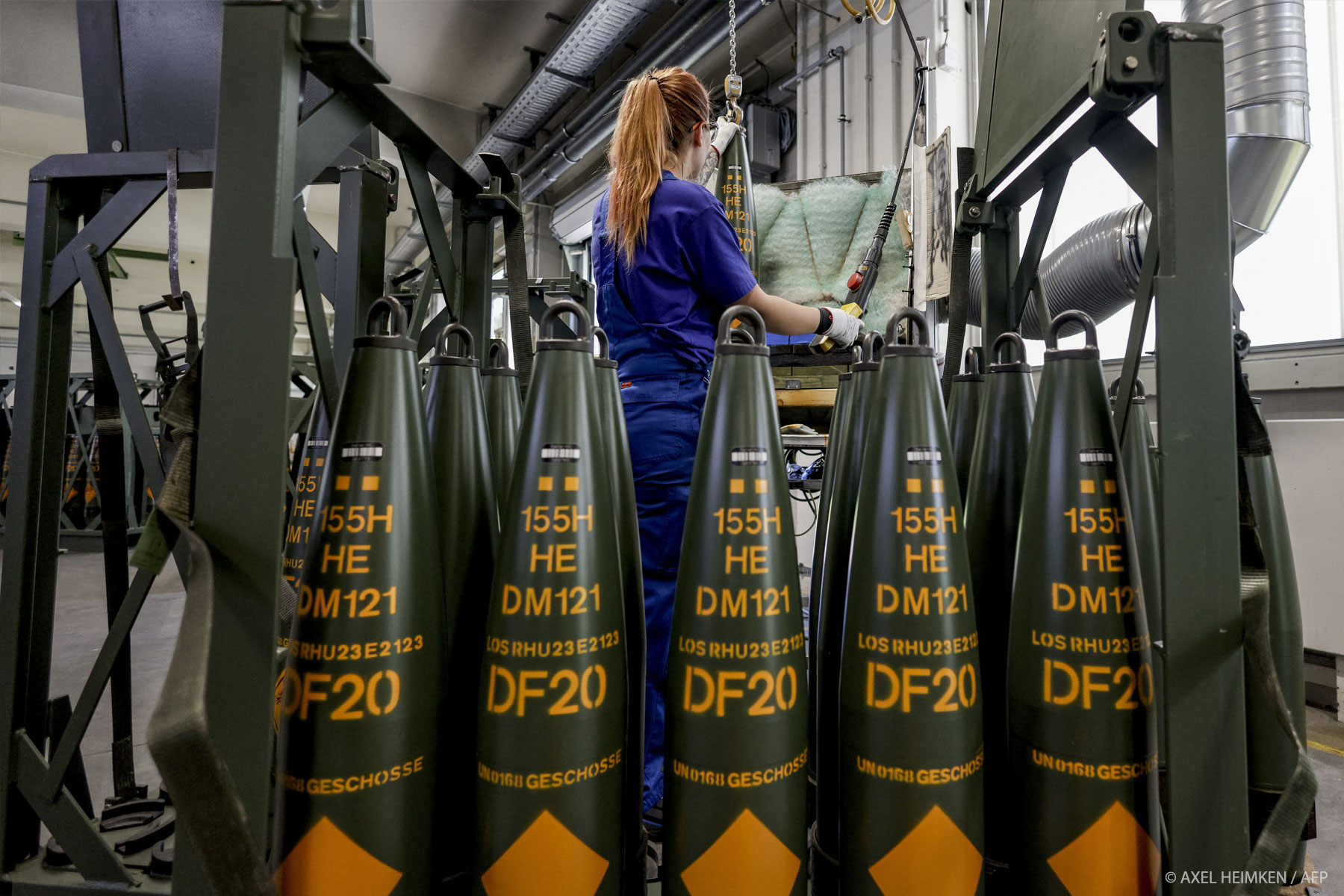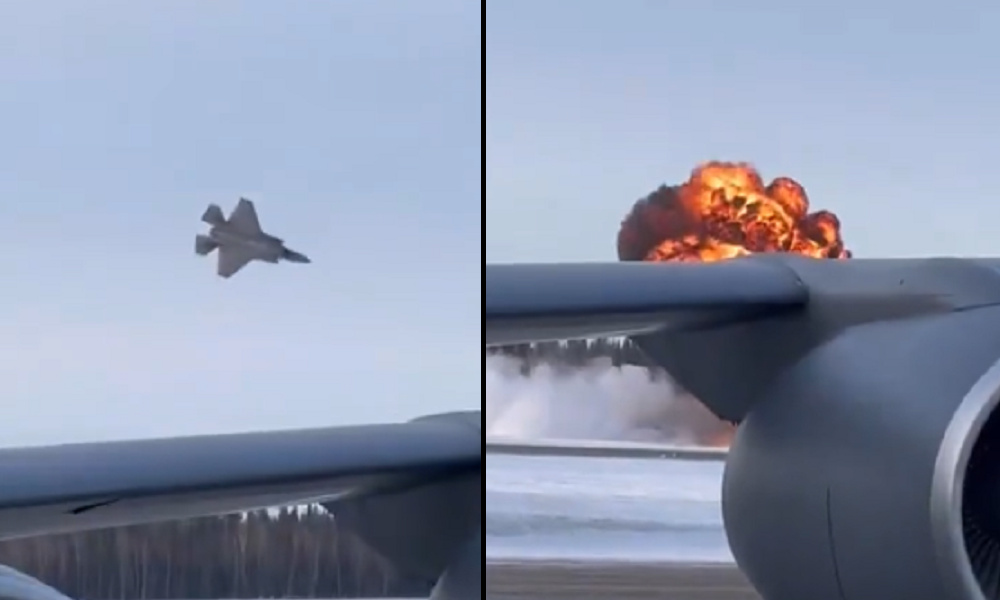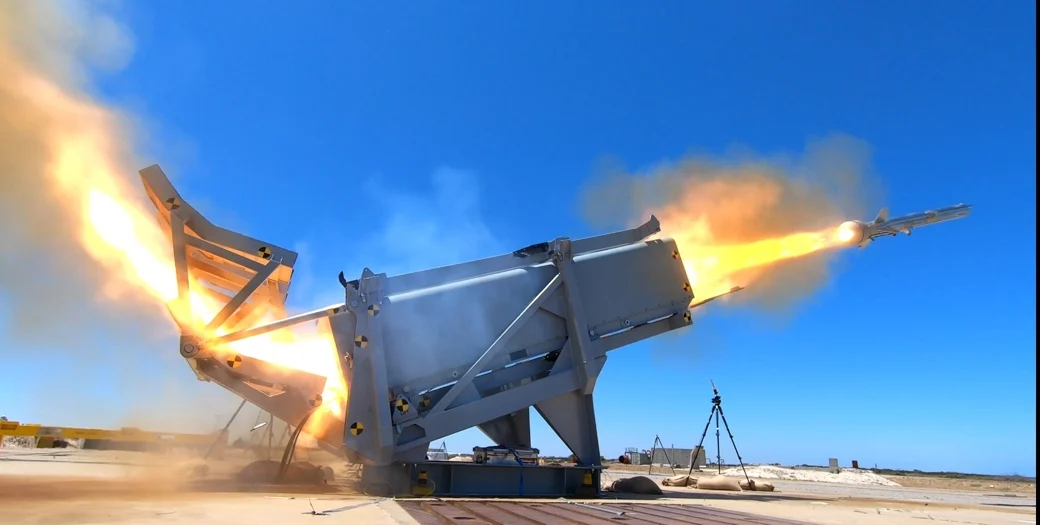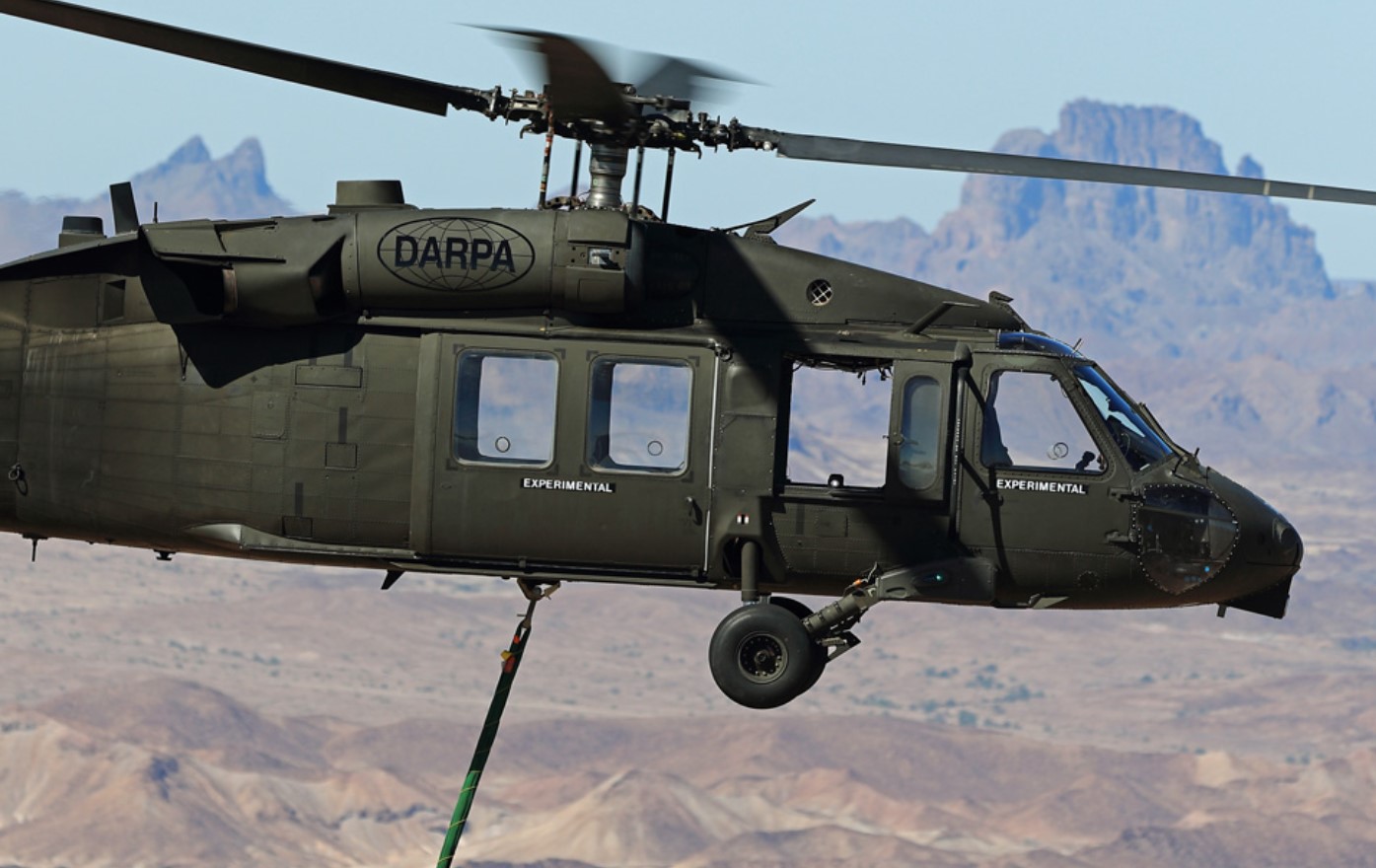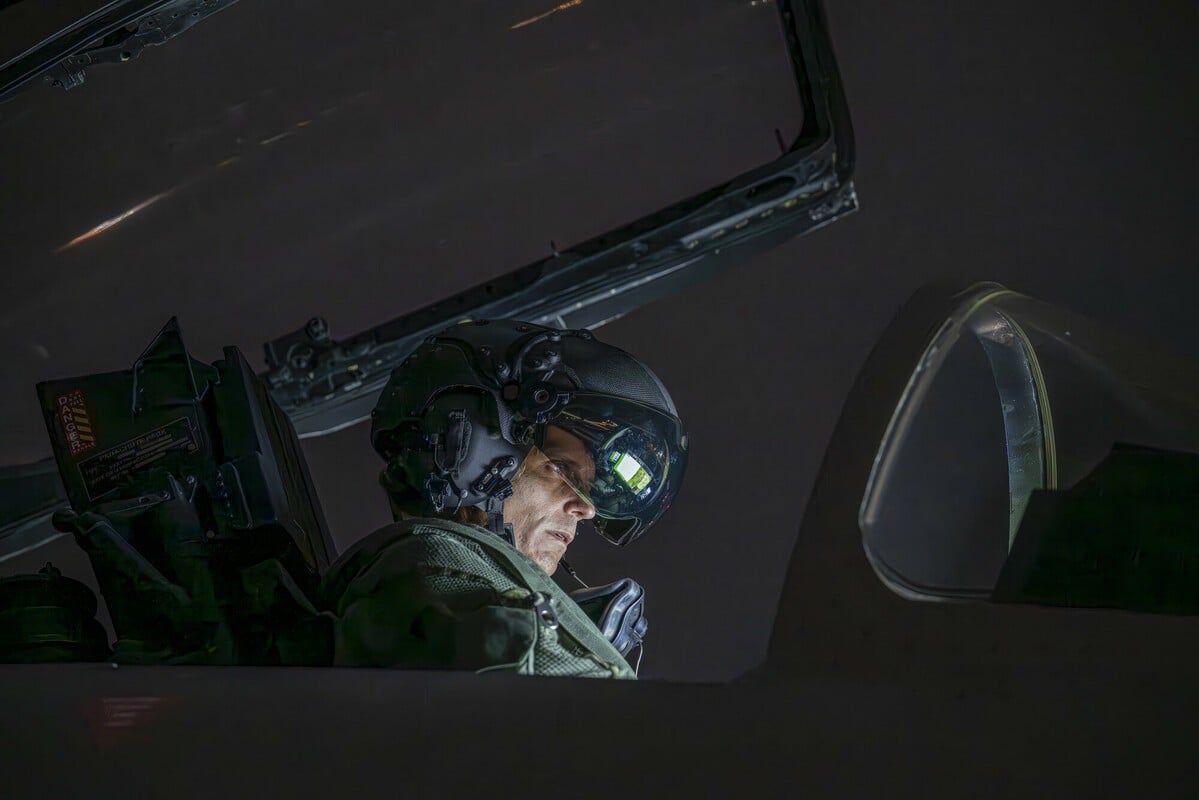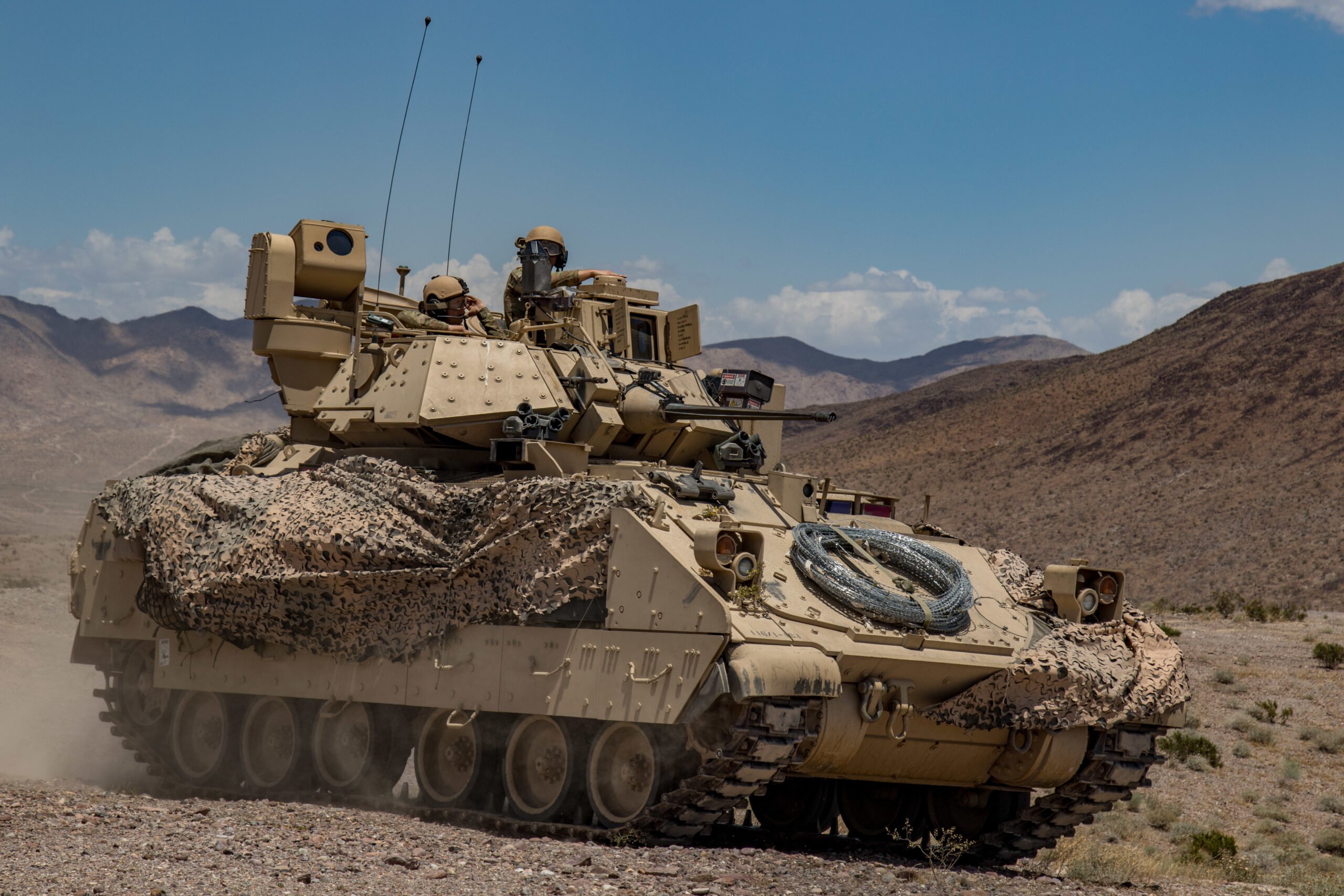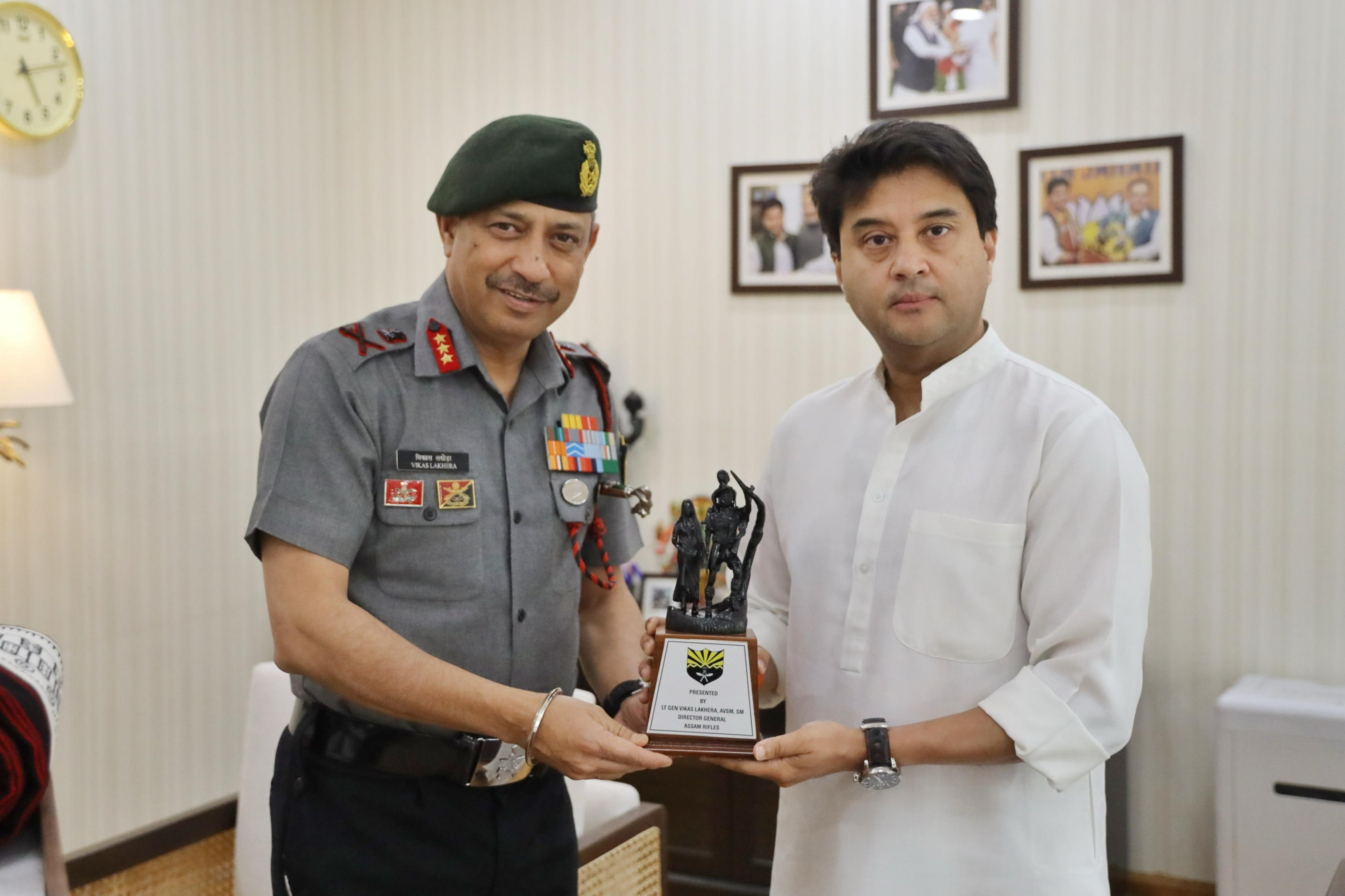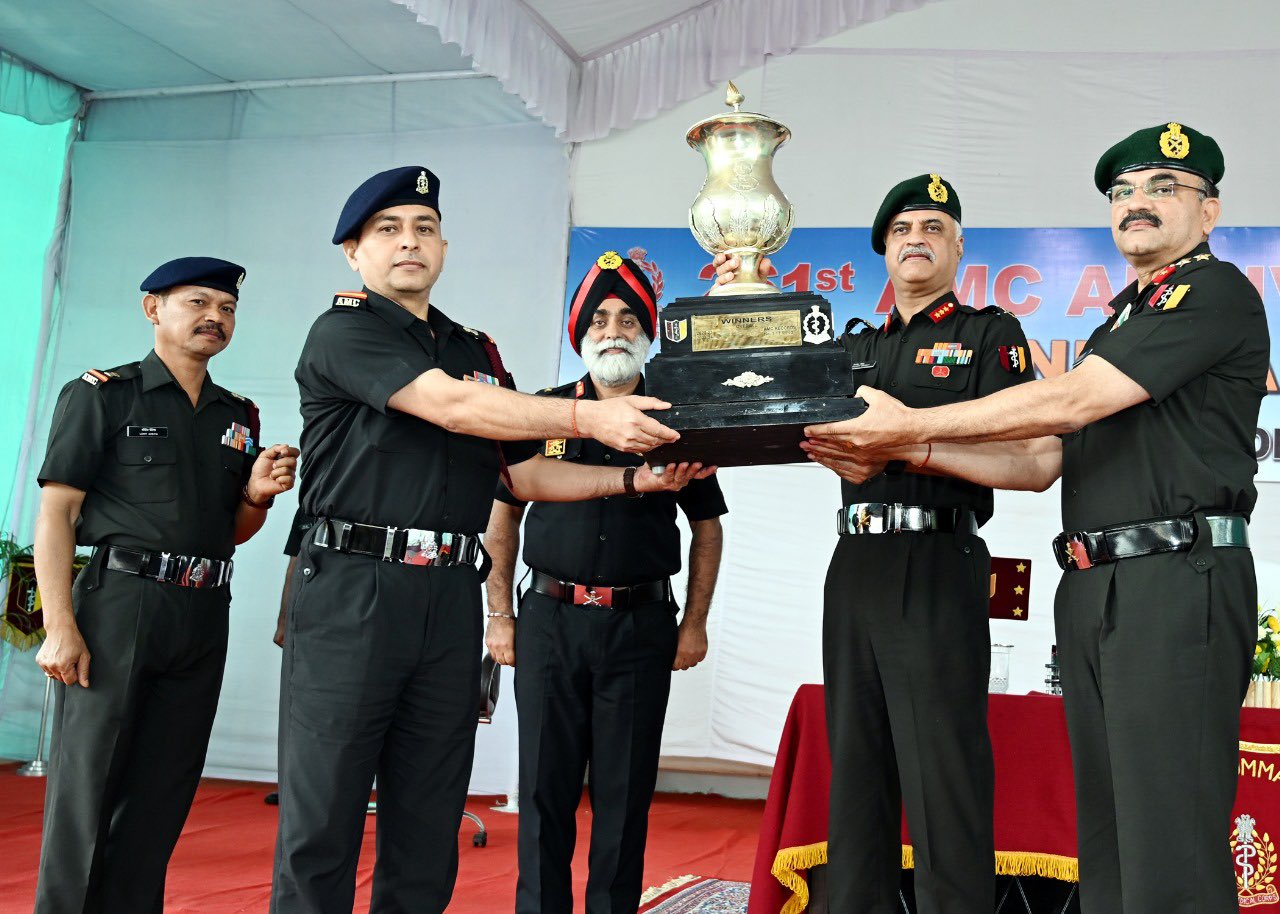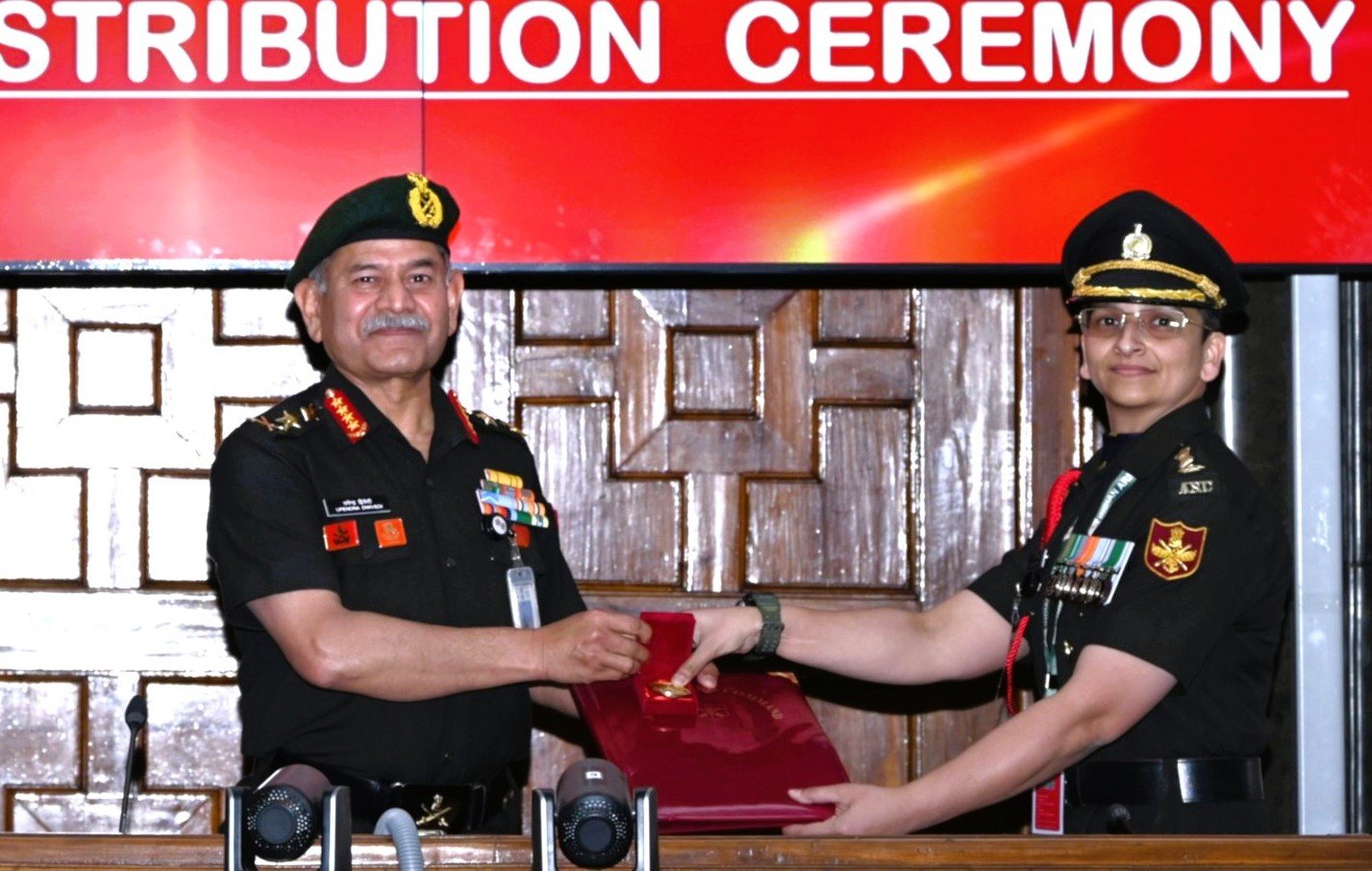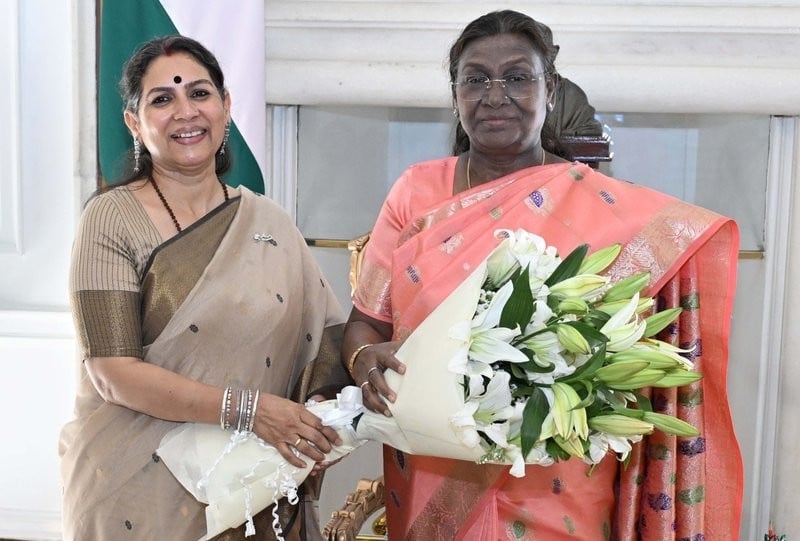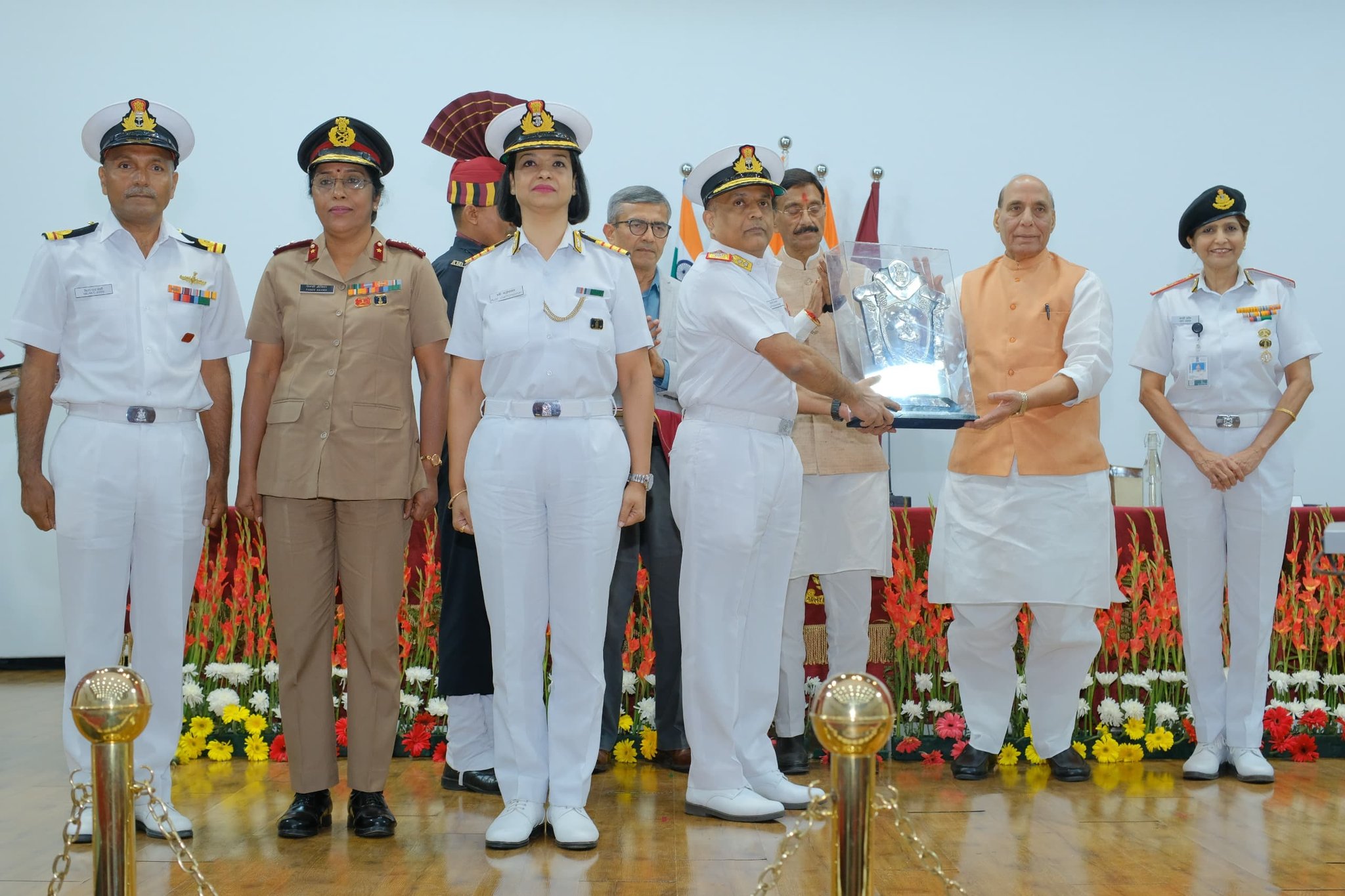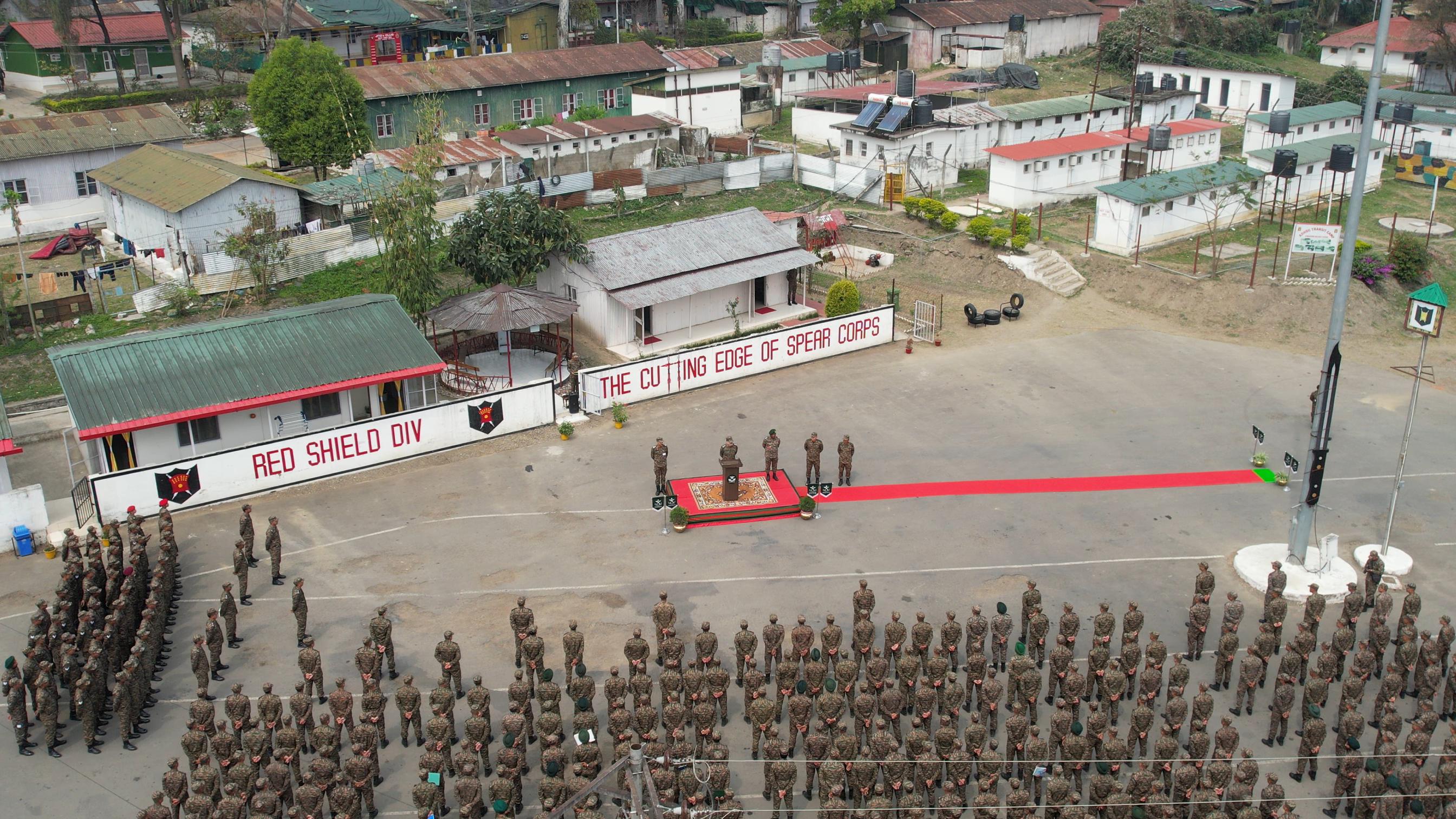In a significant military development, German defense powerhouse Rheinmetall and the Lithuanian government have formalized agreements to construct a state-of-the-art ammunition manufacturing plant in Lithuania. Valued at $190 million, this initiative marks a historic moment for the Baltic nation, denoting it as the largest defense investment the country has ever undertaken.
The establishment of this plant is primarily aimed at producing 155mm artillery shells, a vital component for NATO’s artillery capabilities, as tensions escalate with Russia. Lithuanian officials view this venture as a critical step toward enhancing national security and signals a broader European movement toward rearmament in response to perceived threats from Moscow.
Lithuania’s Economy Minister, Ausrine Armonaite, emphasized the benefits of the agreements, stating that they provide “maximum benefit to Lithuania, both in terms of defense and ammunition procurement.” The agreements include a land lease and a supply contract to facilitate the manufacturing operations.
With an investment commitment of 180 million euros, Rheinmetall projects that the facility will become operational by mid-2026. Once active, the factory is expected to produce tens of thousands of 155mm caliber artillery shells annually, thereby bolstering the Lithuanian military’s capabilities and contributing to NATO’s collective defense efforts.
The plant will be strategically situated near Baisogala, a town in northern Lithuania close to an existing NATO air base. This location not only provides logistical advantages but also underscores the commitment of NATO allies to the region’s defense.
Germany, Lithuania’s key ally and arms supplier, plays a pivotal role in this initiative. The German government has pledged to bolster its military presence in Lithuania, with plans to permanently station 5,000 troops by the end of 2027. Currently, several hundred German forces are already stationed in Lithuania, further reinforcing the Baltic state’s defense posture.
Lithuania, which was once under Soviet control, has positioned itself as a strong supporter of Ukraine in its ongoing conflict with Russia, notably being one of the top donors of military assistance to Kyiv. The nation is also recognized for its significant defense budget, currently allocated at 2.75 percent of its GDP. Given its geographical proximity to Russia and its recent history, Lithuanian officials express concerns about potential threats, particularly should Moscow’s military objectives in Ukraine be fulfilled.
This new ammunition plant not only represents a strategic bolstering of Lithuania’s defense capabilities but also highlights the collective determination of European nations, especially within NATO, to respond to emerging security challenges in the region.

